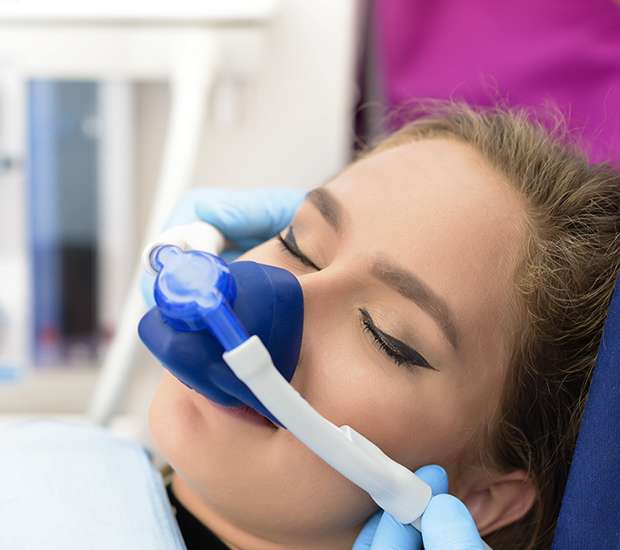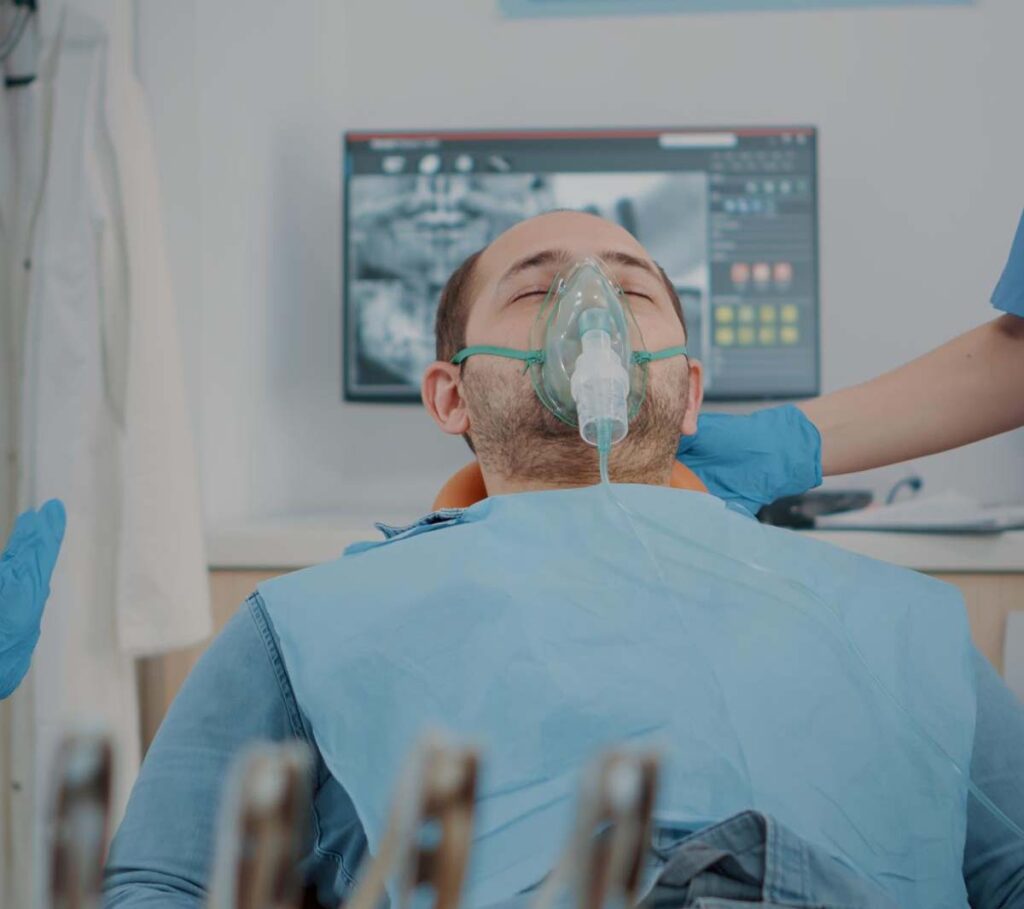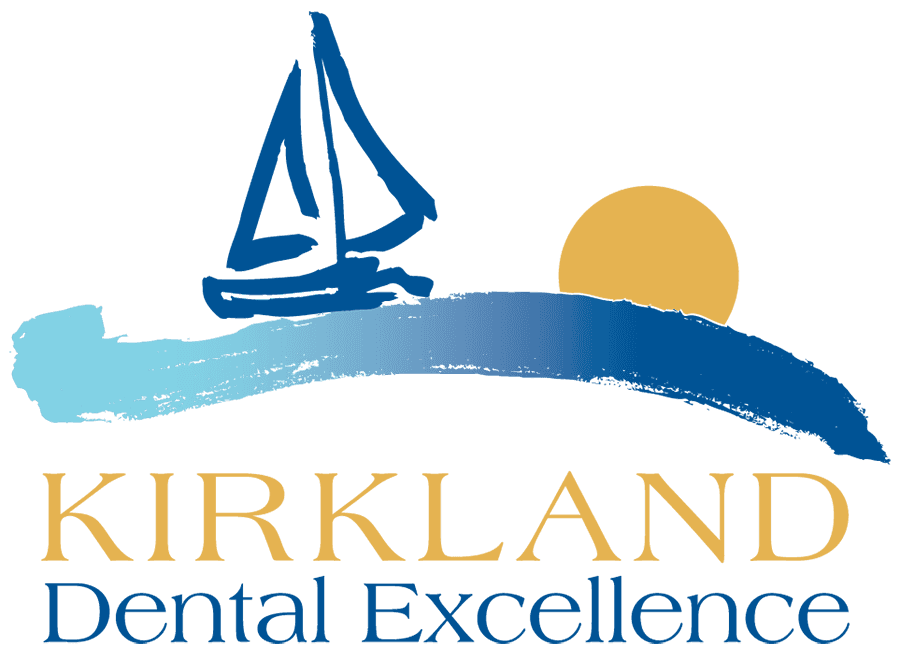At Kirkland Dental Excellence, we understand that when it comes to dental appointments, many feel stressed, especially if they’ve had a difficult experience in the past. Sedation dentistry is a good way to ease the process for you and help you relax and feel safe in the dental chair. Here, we are to tell you all you need to know about this approach. Read on to learn more.
What Is Sedation Dentistry?
It is a procedure that uses medications to calm you during dental procedures. You may think that it’s just about numbing, but it’s more. This approach can help you feel at ease, reduce anxiety, and even block your memory of the procedure if that’s what you prefer. If you struggle with dental fears or have difficulty sitting still to get dental care, it can help you.
Our dentists determine what level of sedation you need. Dentists typically use these kinds of sedation for you:
- Light sedation keeps you fully aware but calm.
- Deeper sedation helps you feel relaxed enough that you may not remember the procedure at all.
There is no age limit for advanced sedation dentistry, and kids ages 3 and up can undergo sedation, too. Child sedation dentistry, or pediatric sedation, also helps young patients feel calm and comfortable during dental visits.
Who Needs Sedation Dentistry?
If you have the following conditions, you need sedation:
- Experience anxiety or fear about dental work.
- Find dental cleanings or procedures uncomfortable due to heightened tooth sensitivity.
- Find it hard to undergo procedures comfortably, even simple ones like impressions, because of gag reflexes.
- Require a longer or more intensive procedure.
- Want to make dental visits less frightening for your kids and ensure a positive experience.

What Types of Sedation Are Used in Dentistry?
Our dentists use different sedation methods to help you feel comfortable during procedures. The type of sedation you need depends on factors like your anxiety level, the complexity of the procedure, and your health considerations. Let’s see common types:
Nitrous Oxide (Laughing Gas)
It is a mild sedative you inhale through a mask that they place over your nose. It induces a state of relaxation but keeps you fully conscious. The effects begin within a few minutes and wear off quickly after they remove the mask. You can resume normal activities promptly. It is appropriate for mild dental anxiety or routine cleanings and simple procedures like fillings or cavity treatments.
Oral Sedation
For this kind of sedation, you need to take a prescribed pill, like Halcion, about an hour before the procedure. It ranges from minimal to moderate and makes you drowsy but keeps you awake. You may fall asleep but you can usually be awakened easily. If you have moderate anxiety, fear of needles, or want to undergo longer treatments like deep cleanings, crown placements, or minor surgeries, it is a good choice for you
Intravenous (IV) Sedation
IV sedation dentistry delivers sedative drugs directly into your bloodstream and leads to a deeper level of sedation. The effects are immediate, and the dentist can adjust the sedation level during the procedure. You may not remember the procedure and will need someone to take you home afterward. It is a good option for those undergoing complex or long procedures like root canals, dental implant placements, or extractions.
Deep Sedation and General Anesthesia
With this type of sedation, you’ll be almost asleep or fully unconscious during the procedure. Dentists usually use it for major dental work or if you have extreme anxiety about the dentist. Recovery takes longer, and you need someone to take you home. If you need major surgeries like full-mouth reconstructions or multiple extractions, deep sedation works for you.
What Drug Is Used for Sedation Dentistry?
Our dentist will select the kind of sedation drug based on your health condition and your level of anxiety. Oral sedation dentistry medications include:
- Nitrous Oxide in dentistry is a mild sedative for quick relaxation.
- Benzodiazepines (like Valium or Midazolam) provide a calming effect and reduce anxiety.
- Propofol allows for deeper sedation and helps you stay comfortable during lengthy or intensive procedures.
- Midazolam is injected directly into the bloodstream.

Sedation Dentistry Cost
The cost of sedation dentistry depends on the type and level of sedation. For instance, nitrous oxide is cheaper because it requires minimal equipment and wears off quickly, but IV sedation is more expensive because it requires more expertise. If you want to learn the price based on your conditions, call us at (425) 827-2003.
Is Sedation Dentistry Covered by Insurance?
Many insurance plans cover sedation (up to 50-80%) for complex procedures that are medically necessary, while other conditions may only cover minimal sedation. Check with your insurance provider to learn how much you might need to pay out-of-pocket.
Is Sedation Dentistry Safe?
Yes, it is safe if you go to a skilled professional. Our dentists are experts in using sedatives and carefully monitor your heart rate, breathing, and oxygen levels throughout the procedure to ensure everything goes well. We always assess your health history and any medications you’re taking to make the safest and most effective sedation plan for you.
Can I Drive After Sedation Dentistry?
If you receive nitrous oxide, you’ll usually be alert enough to drive yourself home as it wears off quickly. But, for oral or IV sedation, you’ll need someone to take you home. You may feel drowsy for a few hours after the procedure. So you better ask a friend or family member to come with you.
Can I Eat Before Sedation Dentistry?
If you’re undergoing nitrous oxide sedation, you can have a light meal before the procedure, but for IV sedation, you need to avoid eating or drinking for at least six hours before your appointment. The dentist will give you specific guidelines to follow to ensure that your procedure goes as perfectly as possible.
Are Sedation and Anesthesia the Same?
No, sedation and anesthesia are different. With Sedation, you feel relaxed, but you are still conscious and able to respond. While anesthesia blocks pain signals completely and allows you to remain partially aware during the procedure. Sometimes, our dentists may use a mix of both depending on your conditions and the type of treatment you need. For example, if you’re undergoing a complex procedure, you need a mix of both.
Best Sedation Dentistry Near Me
Looking for oral sedation dentistry in Kirkland? Kirkland Dental Excellence offers a range of sedation options to meet your needs. Our team is dedicated to making your visit as comfortable as possible, with personalized care that ensures a relaxing experience every time you’re in the chair. So stop Googling “ affordable sedation dentistry near me” and make an online appointment for a free consultation.
FAQs
You might feel slight pressure but not pain, especially when a local anesthetic is used alongside sedation.
The effects depend on the type of sedation. Nitrous oxide wears off within minutes, while oral and IV sedation can linger for several hours.
Typically, sedation is avoided during pregnancy unless necessary for certain procedures. Always inform your dentist if you’re pregnant.
Sedation dentistry often doesn’t put you fully to sleep. You’ll be deeply relaxed but able to respond to instructions.
Conscious sedation is a type of sedation that lets you stay awake and aware of your surroundings but deeply relaxed and often with little memory of the procedure.
